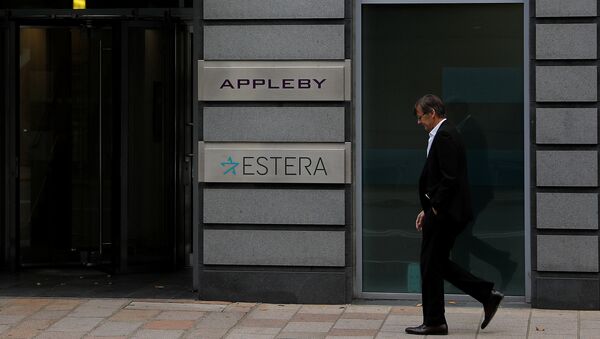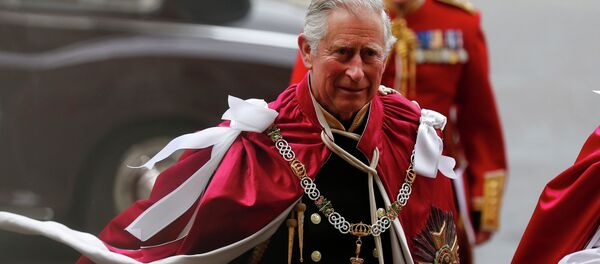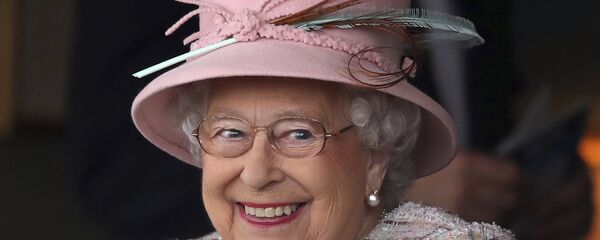It's not appropriate to equate the Paradise Papers with the Panama Papers while at the same time trying to convince the general public that tax optimization is a crime, Eric Verhaeghe the former chair of the association for employment l'APEC (Association Pour l'Emploi des Cadres) and founder of innovation group Parménide told Sputnik France.
The scholar slammed the French daily newspaper Le Monde for confusing tax evasion with tax optimization.
"[Le Monde] depicts the people following the letter of the law as pariahs," Verhaeghe said. "In the first place one needs to examine law texts, instead of blaming people. Le Monde does not have any scruples about spreading fake news and confuses the concepts of immoral, but in some cases, legal tax optimization with tax evasion."
"The Paradise Papers is the way to put tax havens under British patronage on display," the scholar underscored. "This is the practice of choosing a 'scapegoat' to divert attention away from the European countries involved in tax optimization."
Verhaeghe pointed out that the Economic and Financial Affairs Council (ECOFIN) is due to be held in early December in order to make a decision not to include EU countries on the "tax havens black list."
While Luxembourg, Holland, Switzerland, Liechtenstein are the real offshore patrons they are not mentioned in the recent exposure, he highlighted.
"In France, there are two polar political reactions. One is: 'Look! This proves that there is a caste of crooks!' I am personally outraged that the newspaper Le Monde supports this populist 'all-are-crooks' slogan. The second reaction is completely hypocritical: 'Uh-oh… it is necessary to fight against it'."
For his part, Jean-Baptiste Boone, a researcher at the Institute for Research in Economic and Fiscal Issues (IREF), rhetorically asked whether the Paradise Paper disclosure is "the discovery of the 21st century" or just a PR stunt.
This journalistic investigation has more in common with a marketing campaign than an in-depth analysis, he believes.
"It has been staged as a marketing action: exposures are given out in little bits in order to keep the reader captivated," Boone told Sputnik. "I do not understand what exactly they want to accuse the individuals and firms mentioned [in the documents] of. If they want to act as moral zealots, it is worth recalling that French journalists are among those professionals who benefit the most from tax optimization."
Marchant like Eric Verhaeghe also believes that the Panama Papers leak and the Paradise Papers exposure cannot be equated: "Appleby is a significantly more credible law firm than Mossack Fonseca. I would expect Mossack Fonseca to have a plethora of sleazy clients."
In early November the US-based International Consortium of Investigative Journalists (ICIJ), as well as multiple media outlets, published materials, based on the leaked database of powerful individuals' and corporations' offshore activities.
The database includes 13.4 million documents, most of which originated from Bermuda-based law firm Appleby, with information about a number of prominent figures including members of US President Donald Trump's administration, the British royal family, as well as the companies Apple and Uber.
The files include emails, bank statements, court documents and client records dating from 1950 to 2016. The leak is even bigger than the Panama Papers, a collection of 11.5 million documents stolen from the Panama-based law firm Mossack Fonseca and published in 2016. The Panama Papers revealed alleged illegal financial practices of officials and public figures from various countries.
In its official media statement which followed the exposure, Appleby highlighted that the firm has not done anything unlawful.
"It is a patchwork quilt of unrelated allegations with a clear political agenda and movement against offshore," the statement stressed, adding that Appleby "was not the subject of a leak but of a serious criminal act" — an illegal computer hack.





